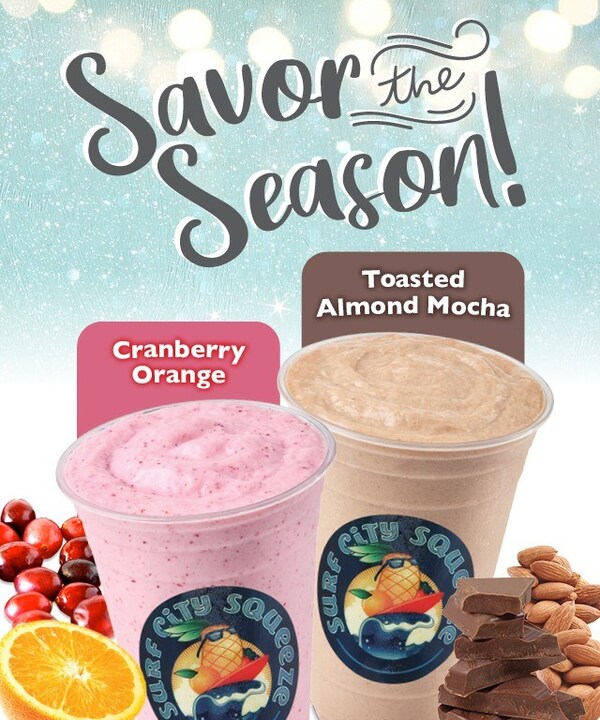Microchips can encourage people to recycle. Startup develops smart packaging
September 19, 2024
According to Reuters, landfills are responsible for 11.1% of global methane emissions. Reuters reports that they also generate significant carbon dioxide emissions.
Recycling regulations vary not only by country, but also by city and even by street. The lack of recycling isn't always due to ignorance or laziness, but can also be the result of a lack of information.
British startup Pragmatic uses silicon-free chips to give food packaging item-level intelligence, reducing waste sent to landfill.
What is item-level intelligence and how does it increase recycling?
In this case, item-level intelligence provides information about each individual package. Pragmatic uses radio frequency identification (RFID) tags to recycle products. These tags contain important data on many key characteristics.
You can inquire about the manufacturer, the date of manufacture, the material used, or perhaps most importantly, the recycling laws in the country where the consumer lives.
Alistair Hanlon told FoodNavigator that "we all face the challenge of not knowing if our packaging is recyclable." Different rules may apply even within the UK on what is recyclable and what is not.
Hanlon explained that by tapping on the packaging with a smartphone, the consumer will be able to determine if the packaging is recyclable and how it should be recycled according to recycling regulations.
Sensors are also included in the chips manufactured by Pragmatic to determine whether a product is still fresh or not. Hanlon said this is more accurate than an "approximate" expiration date.
Recycle in the world
Various recycling regulations can pose a problem for large companies operating in different parts of the world. For example: Nestlé is present in several countriesThe range of countries with the best recycling infrastructure is vast, from those with one of the most advanced recycling systems on the planet to others that barely recycle at all.
Pragmatic was able to automate recycling by using a label to separate packaging. These machines can now recover high-value plastics from a waste stream. For example, a clear plastic bottle has high value because it is "very pure," as opposed to mixed recycling like shampoo bottles.
What can manufacturers do to follow the recycling and reuse process?
Today, tracking a company's sustainability efforts is an important part of shareholder reporting. It can be helpful for a company that uses a large amount of plastic packaging to be able to report to shareholders on the amount recycled.
Pragmatic's chips also allow you to determine whether a particular package has been recycled or, in some cases, reused. Companies will be able to provide shareholders with reliable sustainability data.
Hanlon emphasized that while consumer privacy will be respected and data will only be collected on an aggregate basis, Hanlon said all consumer information will remain private.
Hanlon said several supermarkets plan to test reusable packaging. Consumers will return the packaging to their local supermarket, which will then hygienically clean and sterilize it before refilling and reusing it.
Hanlon said it's important to track the number of cycles the packaging has undergone. It's time to recycle the packaging after 10 to 20 cycles because it's worn or damaged.
Pragmatic technology helps track product progress and ensure they are properly cleaned and not overused.


